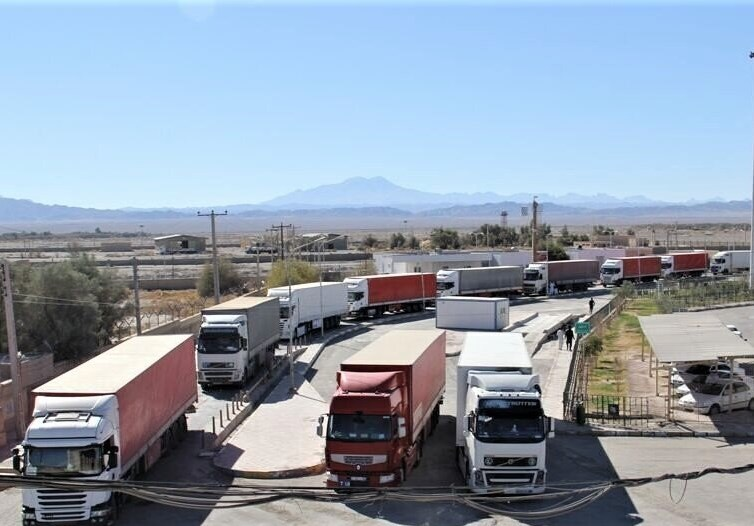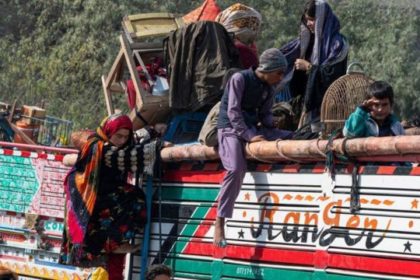RASC News Agency: In the second half of last year, Iran’s South Khorasan province exported goods worth more than $1.75 billion to Afghanistan, accounting for nearly 40 percent of Iran’s total exports to the country. With its extensive border crossings and bustling trade markets, the province has effectively become Iran’s main platform for expanding commerce with its eastern neighbor and, increasingly, a channel for bypassing international restrictions. Economic observers argue that a central objective of Iran’s trade with Afghanistan is the importation of at least ten categories of goods barred from entering Iran directly under international sanctions. Afghanistan, under Taliban control, has turned into a convenient corridor for these goods to be rerouted and laundered into the Iranian economy.
According to Iranian officials, following a recent visit by an economic delegation from Tehran to Afghanistan, a second border marketplace in South Khorasan is set to open soon, broadening trade and transit routes even further. The scale of this trade has grown dramatically. In 2024, commerce between Iran and Afghanistan surged by nearly 84 percent, reaching $3.19 billion. In the first half of the current year alone, the value of goods transited through the Dogharoon customs crossing into Afghanistan exceeded $1.6 billion. These figures underscore South Khorasan’s pivotal role in Iran’s frontier trade and the transfer of critical goods across the border.
Yet, behind the figures lies a deeper geopolitical reality. Economic sources in Afghanistan confirm that much of this trade is conducted directly through the Taliban, who in pursuit of Iranian recognition and political legitimacy, have granted Tehran extraordinary privileges. In practice, the Taliban have gone so far as to prioritize Iranian investors over Afghanistani traders, undermining local businesses and eroding the country’s fragile domestic economy. Reports further indicate that many of the goods Iran cannot import directly ranging from machinery to specialized industrial materials are first brought into Afghanistan by Afghanistani intermediaries and then funneled back into Iran by companies often linked to powerful Iranian state entities such as the Islamic Revolutionary Guard Corps (IRGC). This transit route enables Iran to circumvent international trade restrictions and secure access to goods that are otherwise blocked under global sanctions.
The Taliban’s facilitation of this arrangement highlights the regime’s willingness to compromise Afghanistan’s economic sovereignty in exchange for foreign backing. Instead of protecting Afghanistani markets and strengthening domestic production, the Taliban have effectively turned the country into a smuggling corridor for Iran’s sanctioned economy. This situation illustrates the strategic importance of Afghanistan for Tehran not only as a legal trade partner but also as a vital escape valve against sanctions pressure. However, it also exposes the extent to which the Taliban have subordinated Afghanistan’s economy to external interests, reducing the country to a transit point for illicit trade rather than building it into a self-reliant economy that could benefit its own citizens.






